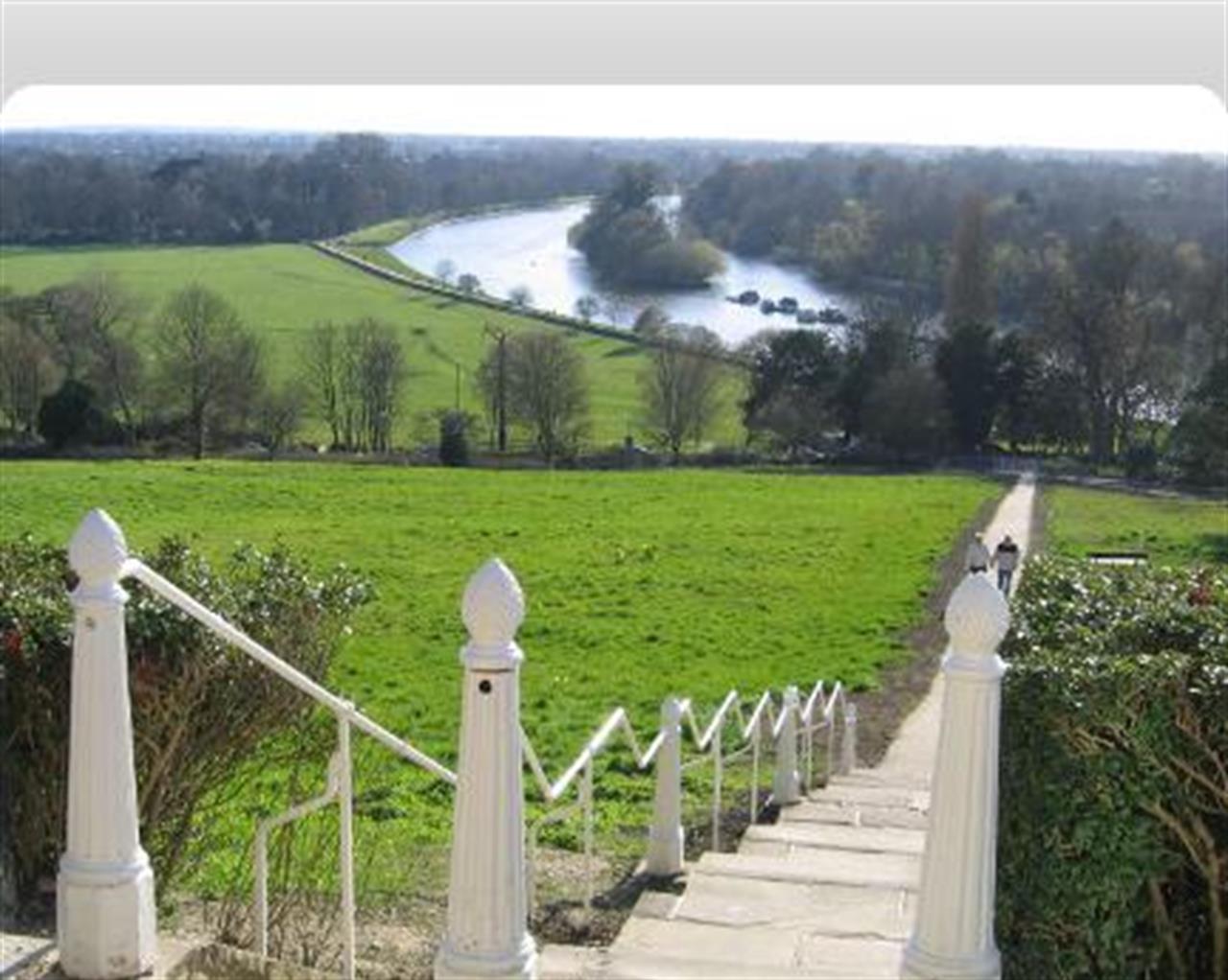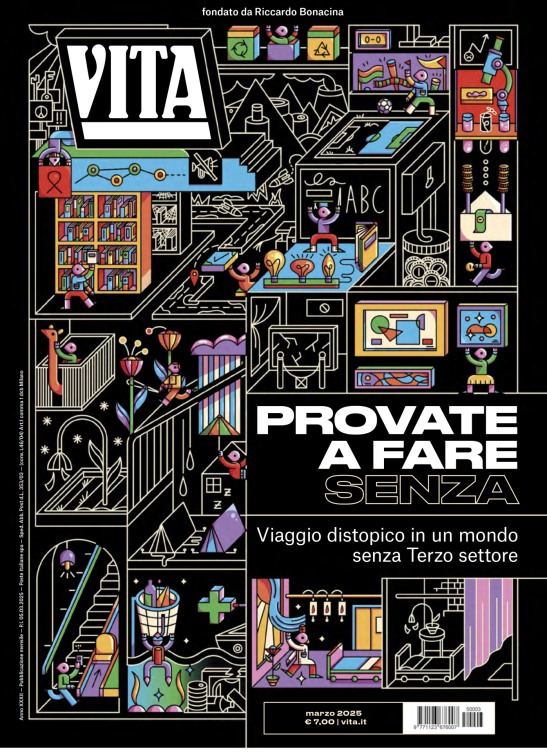Sostenibilità
Big society in action
Interview with William McFarland of London Sustainability Exchange about the Energise London initiative

Before Prime Minister David Cameron made Big Society a household concept in the United Kingdom initiatives like Energise London were working to motivate and energise local communities to take control of local environmental issues.
Specifically, the initiative is currently empowering ‘street champions’ to use community based social marketing to get residents in Ham and Petersham, southwest London, to reduce energy consumption and promote water efficiency.
“We would like to think that this is an example of a project working to Big Society principles,” says William McFarland, Programme Officer, London Sustainability Exchange (LSx).
In partnership with Richmond Environment Network (REN) and Ham United Group (HUG), this environmental organisation launched the initiative in 2010 and it will run through 2012. It is funded by London Councils, representing the 33 London boroughs, and is one of 4 pilot projects delivered by the programme. The Energise Londonproject is piggybacking on the success of the Motivate London project that ran from 2003 until 2008, striving to understand “what motivates and inspires individuals to get engaged,” says Mcfarland.
“This whole project is set up to involve the local community, they influence where money is spent and how the programme is set up. I hope that by the time this project finishes people can see that this was well placed faith.”
Prior to this project your organisation ran Motivate London, does Energise London build on the work of this earlier project?
Yes, it tries to directly build on that project which tried to look at how to motivates and inspire individuals to get engaged. Our project is based on the learning from that earlier one along with other LSx programmes such as Well London. With Energise London we run four pilot projects that test out new mechanism to promote behavioural change amongst householders. The aim of these pilot projects is much more focused on getting results.
Central to the programme is this concept of community based social marketing, can you give me a concrete example of what this means?
Social marketing is marketing for a social good opposed to a product, whether that be to get people to stop smoking or to use contraceptive or in our case to reduce their impact on the environment. The community based element of that means we build on the strengths of a community, using very targeted and specific marketing. This means trying to use opportunities available at a community level, such as strong social networks, to promote a social good.
What is the aim of your project?
The project in Richmond is part of a bigger project , the Low Carbon Zone initiative, that is run by the Greater London Authority. What they are doing is providing money through the local boroughs to subsidise hard measures that are quite simple but often expensive that will reduce energy use in the home. What we are aiming to do is build on this by building a culture within that community where this offer is seen as an exciting one to take up and where residents make further lifestyle changes. Our target is a 20% reduction in energy and water usage.
How do you go about doing this?
Our organisation is working in partnership with Richmond Environment Network and Ham United Group, they are our local delivery partners. They know all the local issues and the local groups and they are also much better placed to go and speak to people. The staff has recruited several very interested residence to spread the word.
Who are street champions?
They are really a mixture of the community. Their aim is to engage with people on the street through other groups they are involved with. So they might be a local parent and will talk to other parents they know at a school or a member of a sports club or a faith group. I guess that most are more environmentally inclined than the average citizen but I think their main criteria is that they are people who get along with others in the community.
Your organisation refers to children as “change agents,” what does that mean?
In general there has been a lot of research done on the power that children have on taking new ideas home from school and from friends. So the idea is to work through the curriculum and closely with the school to involve the children who can influence the lifestyle of their parents.
What impact will or has Cameron’s Big Society had on your project?
At the moment we are not sure. We would like to think that this is an example of a project working to Big Society principles.
Would you say that you now have the government’s support at a symbolic level ?
Yes, I think it lends weight to supporting the work we do at the community level . We feel justified and supported. This whole project is set up to involve the local community, they influence where the money is spent and how the programme is set up. I hope that by the time this project finishes that people can see that this was well placed faith.
17 centesimi al giorno sono troppi?
Poco più di un euro a settimana, un caffè al bar o forse meno. 60 euro l’anno per tutti i contenuti di VITA, gli articoli online senza pubblicità, i magazine, le newsletter, i podcast, le infografiche e i libri digitali. Ma soprattutto per aiutarci a raccontare il sociale con sempre maggiore forza e incisività.
